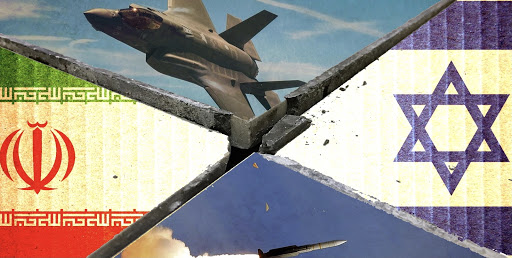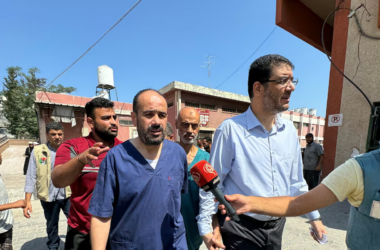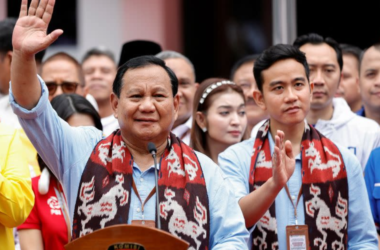Explosions resonated across an Iranian city on Friday in what sources have described as an Israeli attack. However, Tehran has sought to downplay the incident, signaling no immediate plans for retaliation. This response seems calculated to prevent a broader conflict in the region.
The reported attack, which appeared to be on a limited scale, prompted a restrained reaction from Iranian authorities. Iranian media and officials have characterized the incident as the result of air defense systems intercepting drones over the city of Isfahan in central Iran. Notably, they refrained from directly attributing the attack to Israel, instead referring to the perpetrators as “infiltrators,” thus sidestepping the need for immediate retaliation.
A senior Iranian official emphasized that there are no current plans to retaliate against Israel, citing the lack of confirmation regarding the foreign origin of the incident. This measured response indicates a potential effort by Iran to de-escalate tensions following recent hostilities.
Jonathan Lord, head of the Middle East security program at the Center for a New American Security, suggested that Iran’s response indicates a desire to defuse the situation and avoid further escalation.
Israel has remained silent on the reported incident, and the United States, while reaffirming its commitment to Israel’s security, declined to comment further. The absence of overt retaliation from either side suggests a concerted effort to prevent the situation from spiraling into a full-blown conflict.
The recent exchange comes amidst heightened tensions between Israel and Iran in the region, particularly following a series of recent attacks and counterattacks. Diplomatic efforts by international allies, including the United States, have been underway to mitigate the risk of further escalation.
Calls for restraint have been echoed by global leaders, with the Group of Seven industrialized democracies urging all parties to work towards preventing further escalation. Concerns over stability in the region have led to appeals for a ceasefire in the Gaza Strip and efforts to address humanitarian needs in the area.
In Iran, state media coverage of the incident avoided direct mention of Israel, framing the event as the interception of drones by Iranian air defenses. Despite initial tensions, Iranian airspace has since reopened following the reported attacks.
The situation underscores the delicate balance of power in the region and the ongoing efforts to manage tensions between longstanding adversaries. Efforts to de-escalate and prevent further conflict remain paramount as international stakeholders navigate the complex dynamics of the Middle East.








